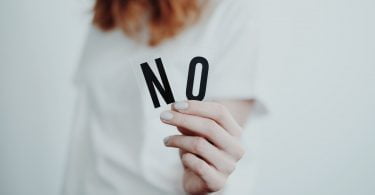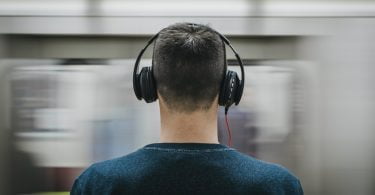Deleting my Instagram account is one of the best things I’ve done so far in my ongoing recovery from anorexia.
I ask myself every day whether I&rsquo
Deleting my Instagram account is one of the best things I’ve done so far in my ongoing recovery from anorexia.
I ask myself every day whether I’d even have developed an eating disorder if I hadn’t let myself get enticed into this seductive, and seemingly comforting, online world. Of course, no one forced me to search “#anorexia”, but when you’re in a vulnerable place (for whatever reason), connecting with other people who feel the same way seems like a good idea.
Pro-ana content
Now that we live in such a media-fuelled and digital world, all it takes is a couple of clicks to find “pro-ana” (pro-anorexia) content online. You could argue that you’ve got to be looking, but the point is, anyone who does look (whether it be a 12 year-old girl or a paedophile), can easily find it. What’s more, once you get drawn into this sinister world, you may find yourself addicted before you realise that you’re no longer in control.
Recovery accounts
While the majority of people I followed on Instagram had so-called “recovery accounts”, I still became fascinated with their habits and lifestyles. I envied their fragile bodies and tragic stories, which were presented almost like trophies. People’s bios would contain their LW (lowest weight), their GW (goal weight) and often, their scarily low BMI. Some people even had things such as “inpatientx2” written on their profile, meaning that they had been hospitalised twice as a result of their eating disorder. Drawn into this bizarre cyber-reality, I started to see these sufferers as the “ultimate anorexics”. It felt like a competition, where the winner was the sickest and the most emaciated. Looking back on it now, it all seems completely ridiculous and I wonder how I let myself be so taken in. But at the time, it was my life.
A motivation to recover?
Despite my growing feelings of guilt, I tried to convince myself that if I only followed people in recovery, rather than the openly pro-ana accounts, I wasn’t doing anything wrong. I told myself that these girls would be my motivation to recover. Instead, it seemed to have the opposite effect and I found myself clinging onto the disordered behaviours. If I got better, then I would no longer “deserve” to be a part of this online community.
Inspiration or trigger?
However, many of the people behind the recovery accounts that I followed would often post about how fundamental Instagram had been in their recovery. Some of them hadn’t even had an account until they decided to recover. In this way, I can understand how the online community could act as inspiration (rather than #thinspiration) and people seemed to build real friendships with others that understood what they were going through. Unfortunately, for every truly motivational “#edsoldier” (eating disorder soldier) I followed, I probably followed at least ten “triggering” or “pro-ana” accounts.
Social media does fuel eating disorders
So, in answer to the title of this article, I’d undoubtedly say “yes”, purely due to my own personal experience with Instagram. Obviously, I can’t speak for everyone and I’m sure that social media has helped many sufferers to come to terms with their eating disorder and perhaps even recover.
What I can say though, is that social media certainly has the worrying potential to negatively influence vulnerable young people. Unsurprisingly, I don’t have a miraculous solution to this problem. But, I do think it’s important to raise awareness of the threat among parents, professionals, schools and young people themselves, a lot of whom are blissfully unaware of this virtual reality in which so many people find themselves trapped.
Do you think social media causes eating disorders? Let us know in the comments below.
Photo: Laura Lewis








